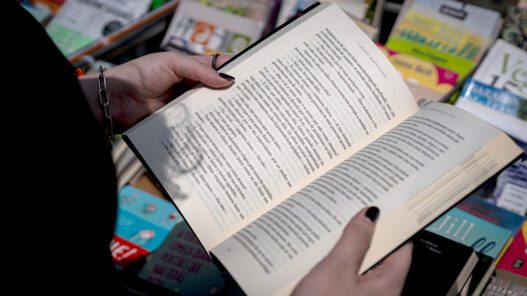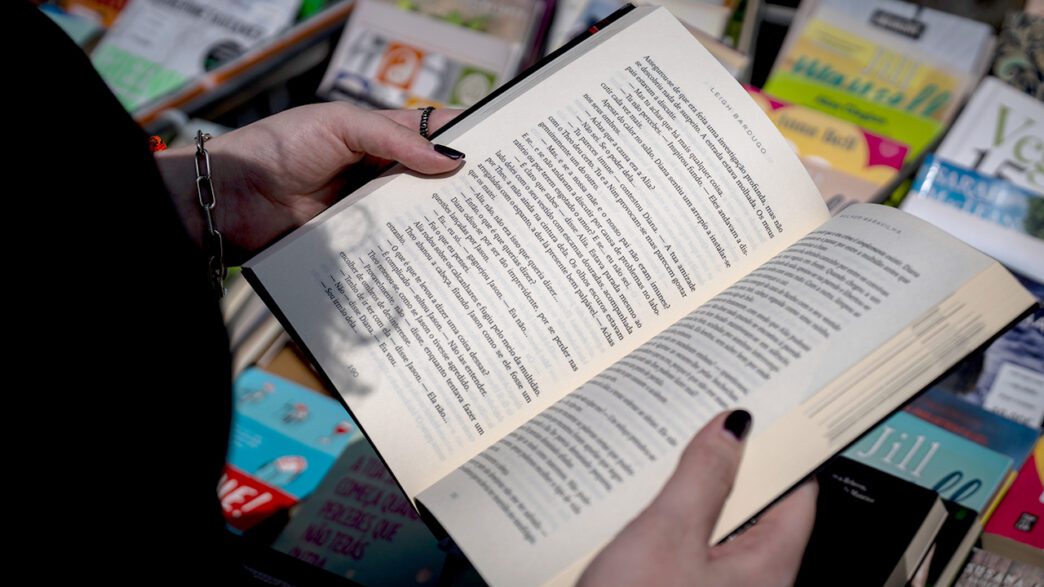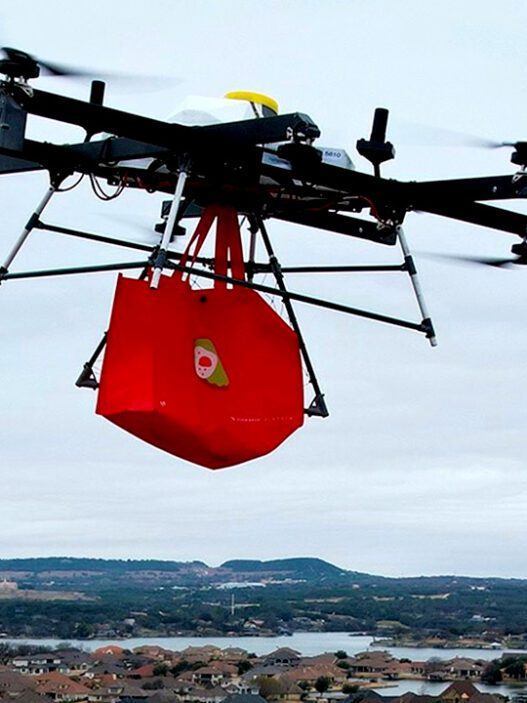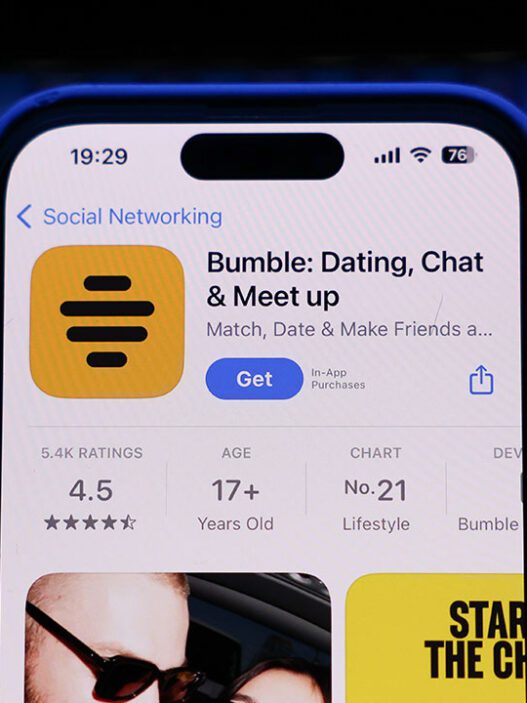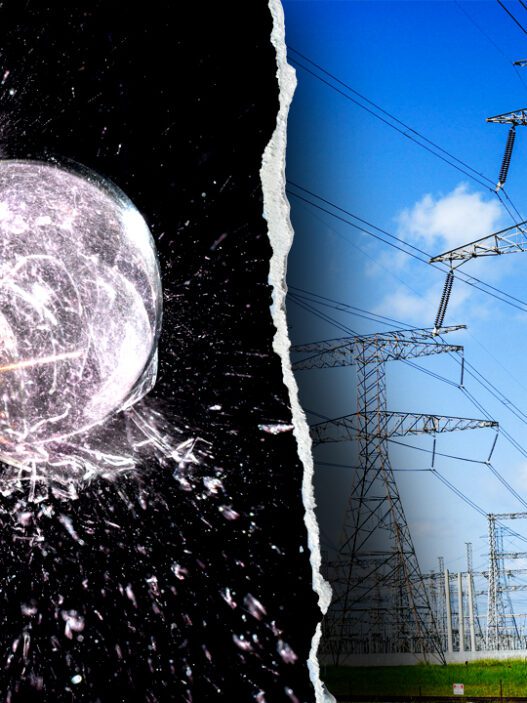Two artificial intelligence development companies won in court this week against book authors’ copyright lawsuits.
Two federal judges in San Francisco ruled that Anthropic and Meta may use books without permission to train its artificial intelligence systems.
On Wednesday, U.S. District Judge Vince Chhabria sided with Meta Platforms, telling authors that they did not present enough evidence that Meta’s AI would dilute the market for their work to be sufficient for a copyright infringement case.
“This ruling does not stand for the proposition that Meta’s use of copyrighted materials to train its language models is lawful,” Chhabria said, according to Reuters. “It stands only for the proposition that these plaintiffs made the wrong arguments and failed to develop a record in support of the right one.”
AMAZON CEO SAYS AI WILL REDUCE HIS COMPANY’S WORKFORCE
Anthropic’s ruling came down on Monday. U.S. District Judge William Alsup cited “fair use” of books by writers Andrea Bartz, Charles Graeber and Kirk Wallace Johnson to train its Claude large language model.
But Alsup partially sided with the authors, saying Anthropic’s copying and storage of more than 7 million pirated books in a “central library” infringed the authors’ copyrights and was not fair use. The judge ordered a trial in December to determine how much Anthropic owes for the infringement.
AMAZON ANNOUNCES $20B INVESTMENT IN RURAL PENNSYLVANIA FOR AI DATA CENTERS
Fair use is a key legal defense for tech companies, and Alsup’s decision is the first to address it in the context of generative AI.
AI companies argue their systems make fair use of copyrighted material to create new, transformative content, and that being forced to pay copyright holders for their work could hamstring the booming AI industry.
Anthropic and other prominent AI companies including OpenAI and Meta Platforms have been accused of downloading pirated digital copies of millions of books to train their systems.
U.S. copyright law says that willful copyright infringement can justify statutory damages of up to $150,000 per work.
Copyright owners say that AI companies are unlawfully copying their work to generate competing content that threatens their livelihoods.
Chhabria expressed sympathy for that argument during a hearing in May, which he reiterated on Wednesday.
CLICK HERE TO READ MORE ON FOX BUSINESS
The judge said generative AI had the potential to flood the market with endless images, songs, articles and books using a tiny fraction of the time and creativity that would otherwise be required to create them.
“So by training generative AI models with copyrighted works, companies are creating something that often will dramatically undermine the market for those works, and thus dramatically undermine the incentive for human beings to create things the old-fashioned way,” Chhabria said.
Reuters contributed to this report.








